Current
Research
At the core of our endeavors resides
pioneering multidisciplinary research.
Assessing resilience through science, rehabilitation, and diagnostics
POST-CAPTURE SURVIVAL
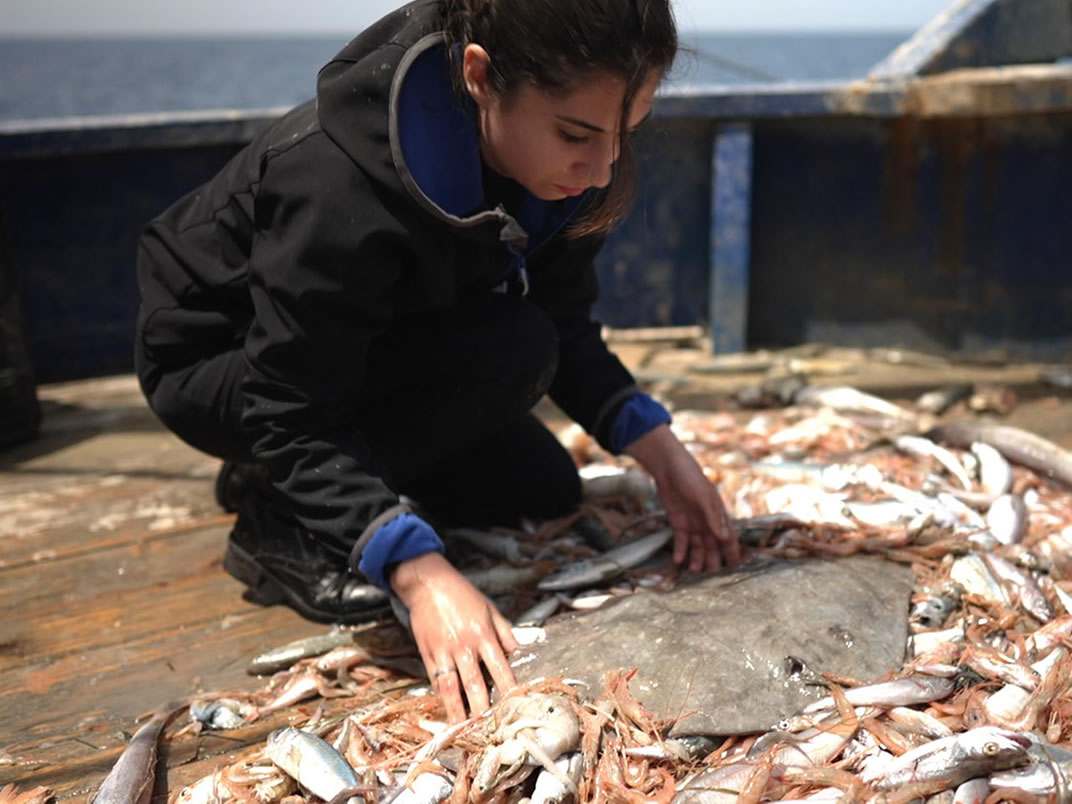
At-Vessel Monitoring
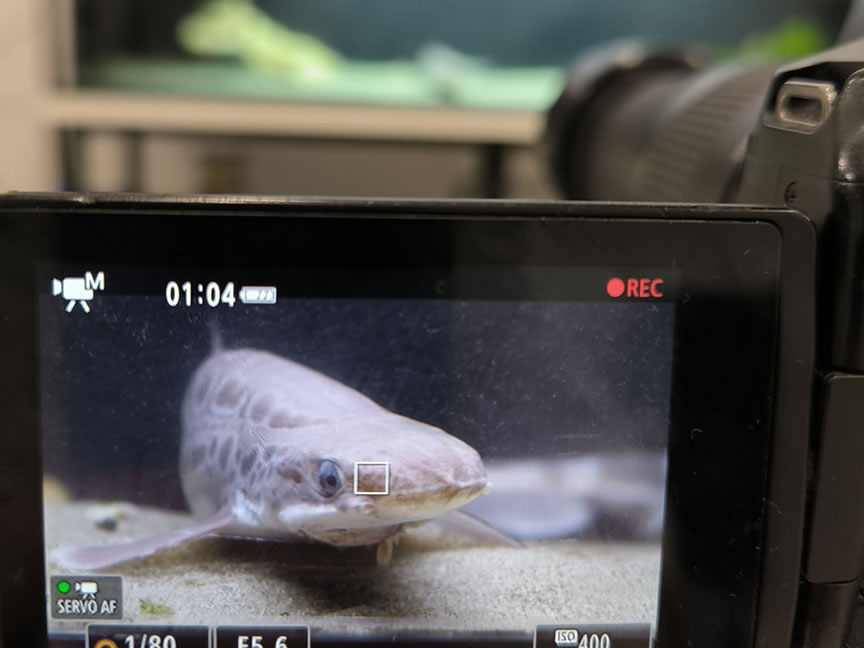
In-vitro Rehabilitation
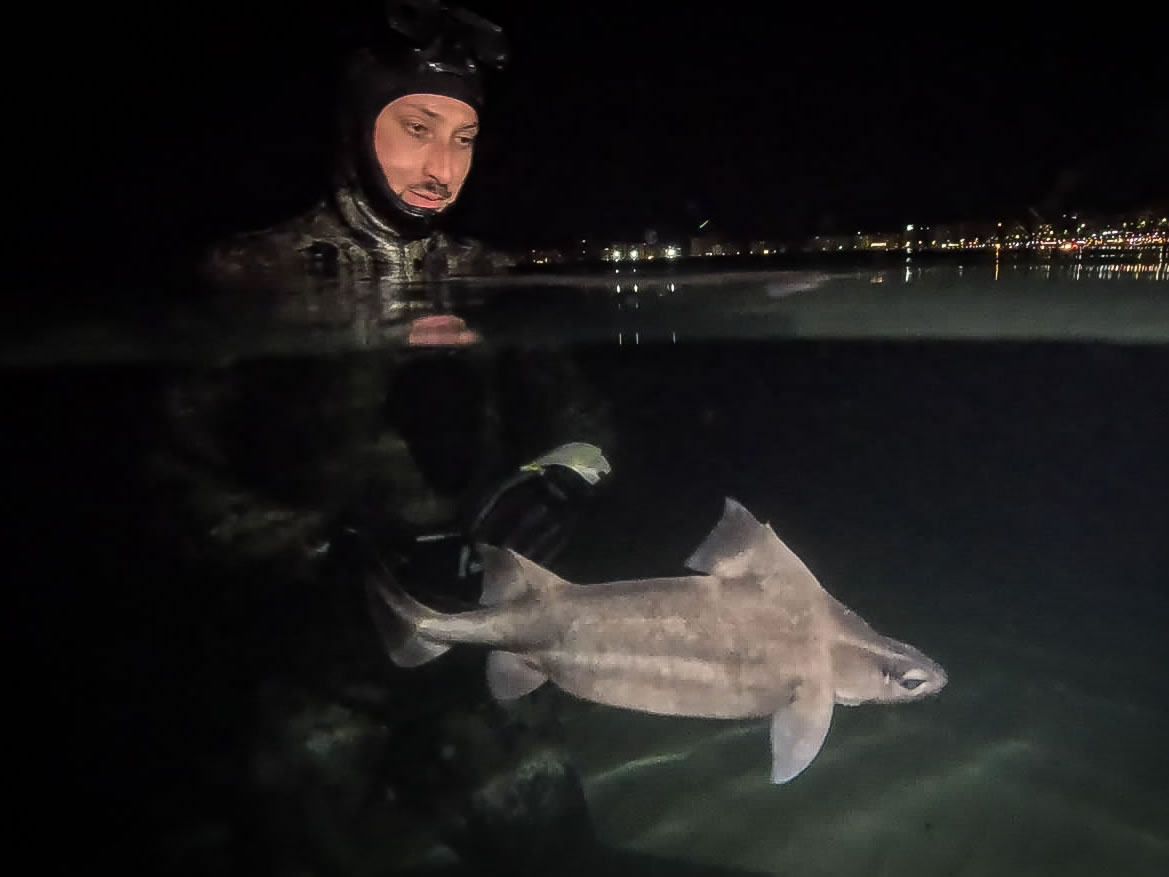
Post-release examinations
Using Magnetic Resonance Imaging and X-Rays to Study
TRAUMA & INJURIES
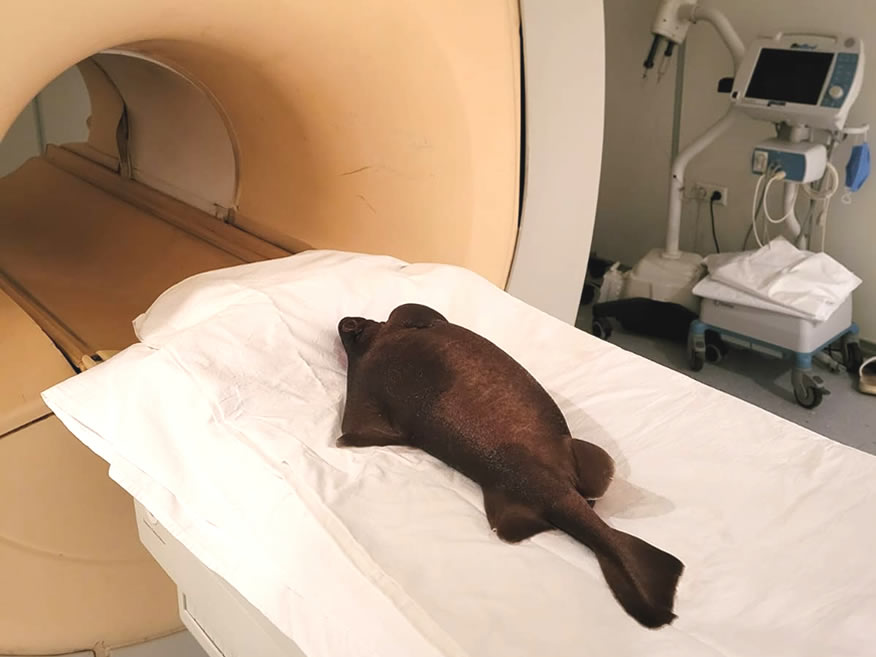
Sample preparation
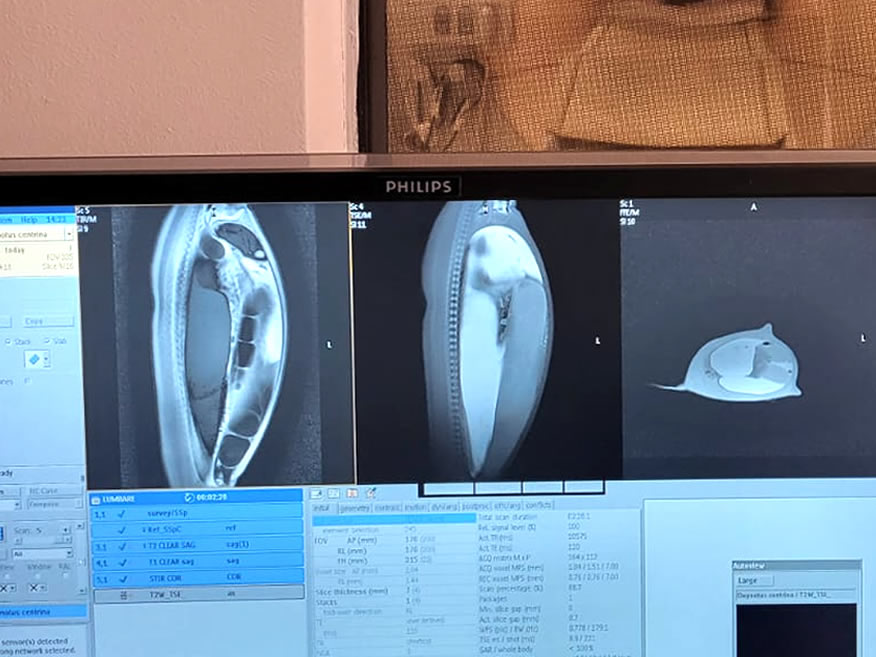
MRI/CT acquisition
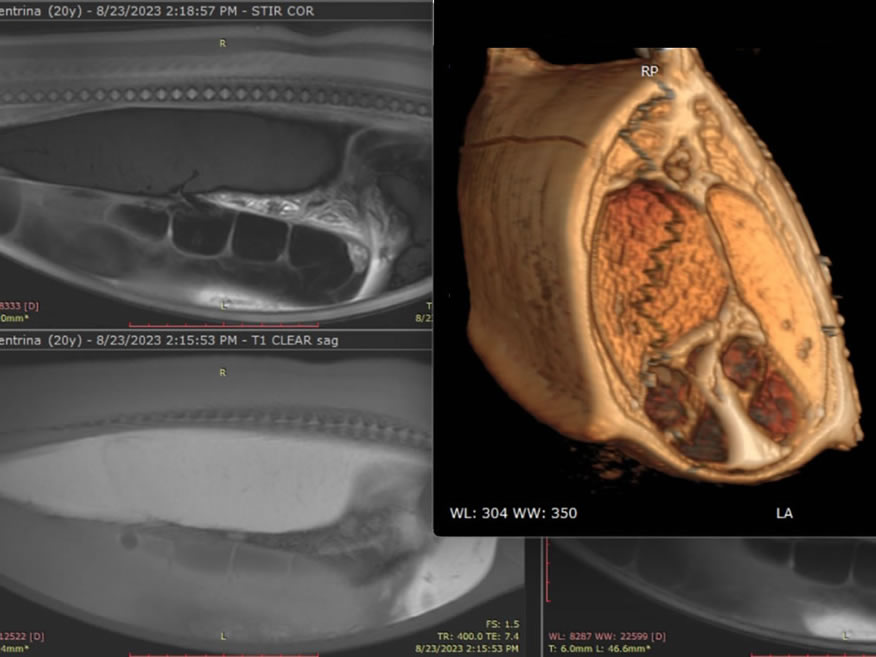
Data Analysis
The effects of pollution on disease development
PATHOLOGY

Post-mortem examinations

Macroscopic examinations
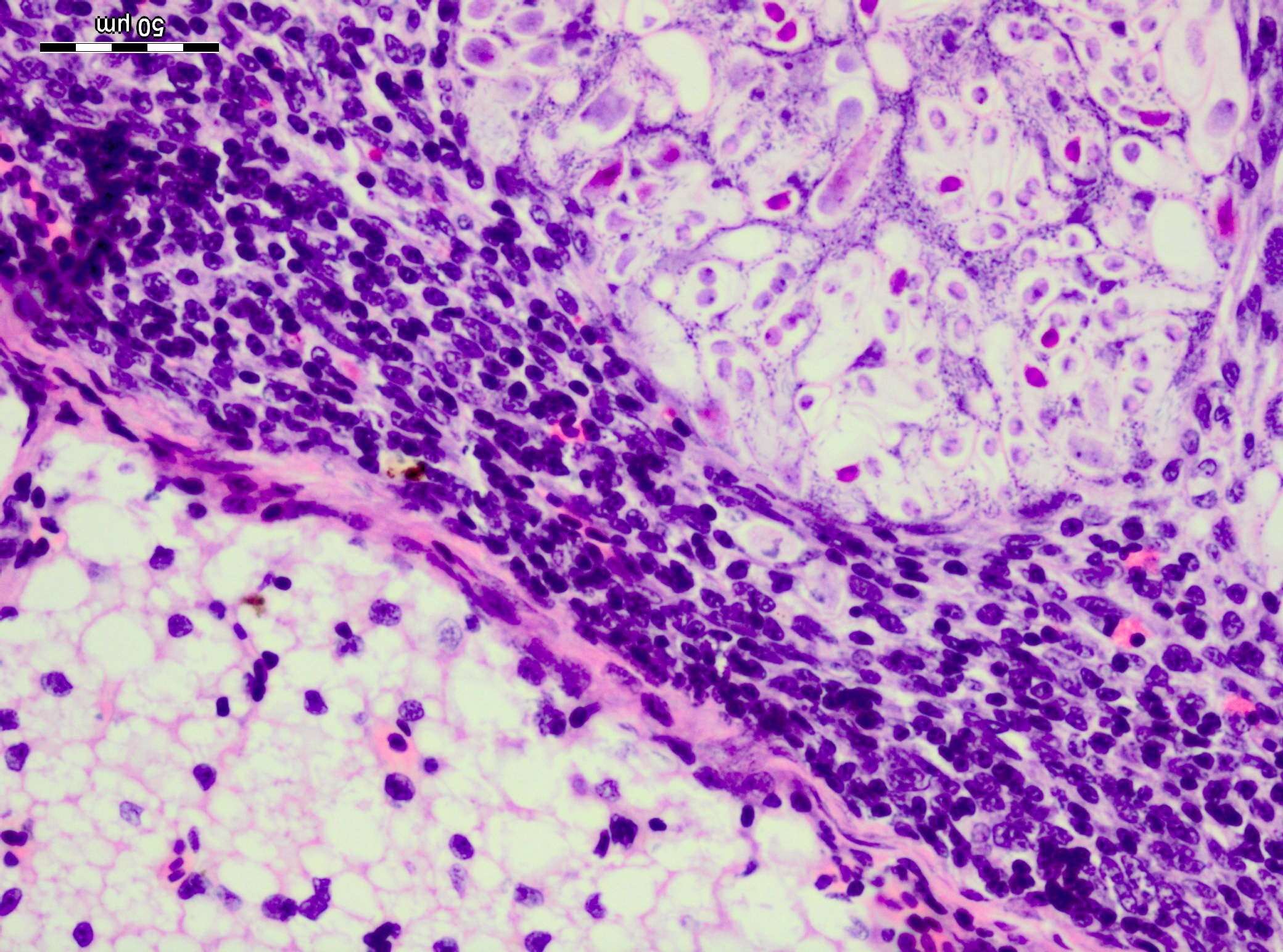
Histological examinations
qualitative and quantitative assessment of micro- and nanoplastics
MICROPLASTICS
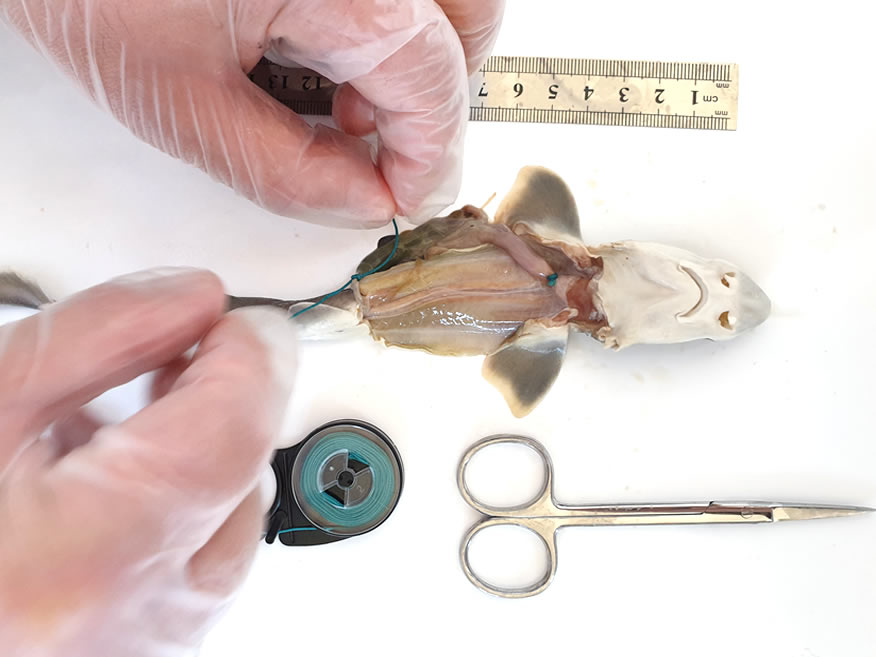
Sample preparation
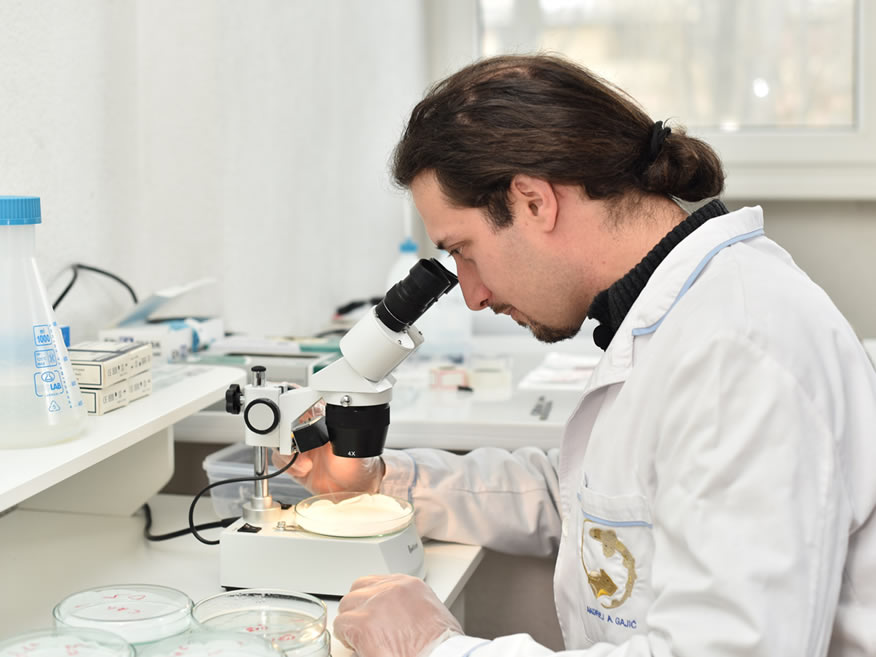
Stereomicroscopy
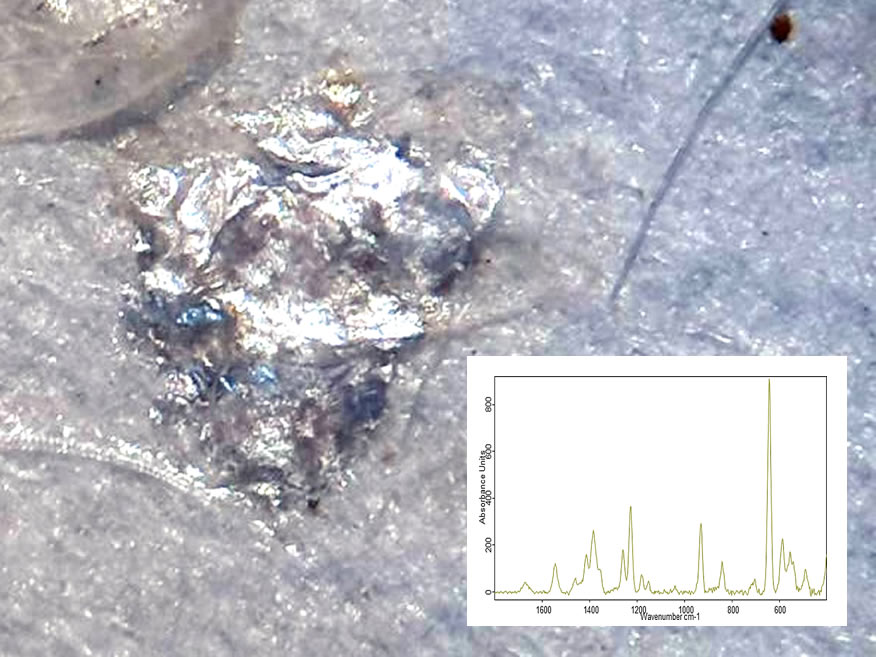
RAMAN Spectroscopy
FIELD RESEARCH
Using a dynamic approach, we combine immersive diving and remotely operated vehicle (ROV) surveys, and comprehensive fishery monitoring.
Giving sharks a second chance they deserve
ADVANCED MONITORING
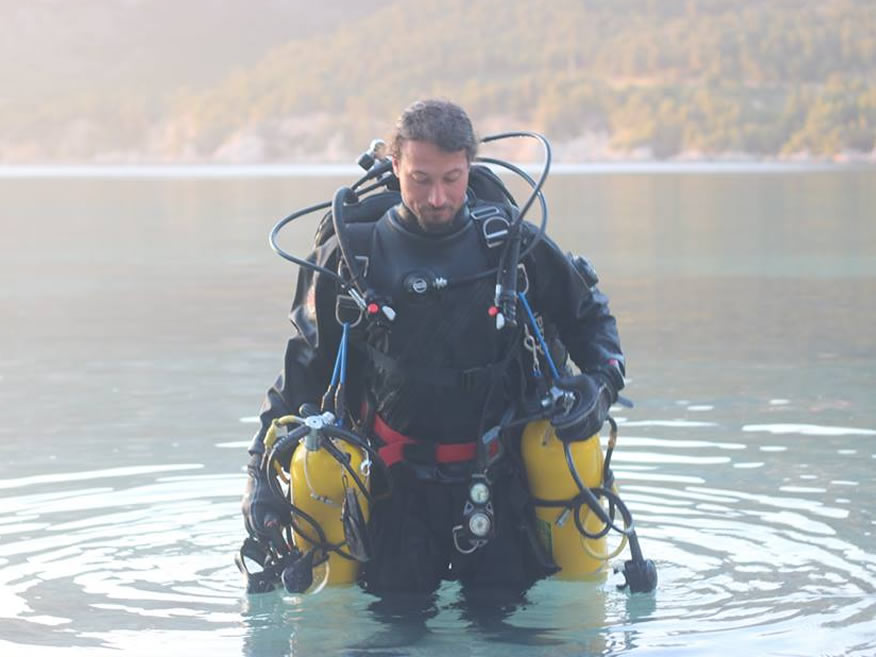
Technical and SCUBA diving

Fishery monitoring
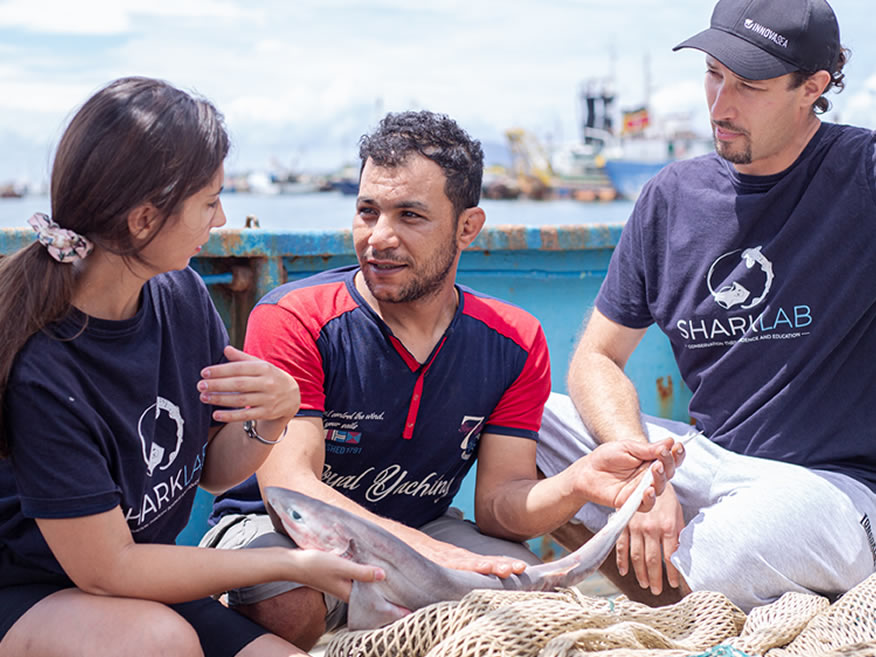
Engaging Fishermen
Projects
Explore our current research funded by world's most recognized and most competitive funders.
Meet some of our funders here










PEEK INTO OUR WET LAB AND EXAMINATIONS CONDUCTED THROUGHOUT 2023
BE OUR VIRTUAL GUEST
While our utmost efforts are dedicated to reviving and releasing live individuals, those that have succumbed are utilized for laboratory research. Throughout 2023, we examined over 6,500 specimens representing 28 species, encompassing nearly half of the elasmobranchs documented in the Adriatic Sea. The study unveiled vital data for numerous species that were previously unknown in the region before our research. Importantly, our commitment remains unwavering—we neither kill nor harm any individuals in the pursuit of knowledge.
COMING SOON!

- agajic@sharklab-adria.org
- 00387 (0)61 078 104 (BA)
- 00355 (0)69 533 6652 (AL)
- Vlorë (Albania), Il-Hamrun (Malta), Sarajevo (Bosnia-Herzegovina)
ACTIVITIES
- News Digest
- Research
- Conservation
- Projects
- Publications
GET INVOLVED
- Collaborations
- Student internship
- M.Sc./Ph.D. thesis
- Adopt a shark
- Make a donation
SUBSCRIBE
Sharklab ADRIA 2007 – 2024 © All Rights Reserved
Designed and developed: A. Gajić
